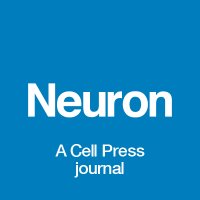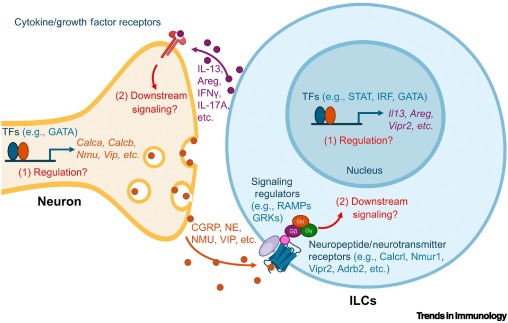
Jibran Khokhar
@drjkhokhar
@queensu/@UofT/@Dartmouth→@UofG→Associate Professor and CRC (Tier II) in Translational Neuropsychopharmacology @WesternU @SchulichMedDent @westernuACB
ID: 3152186729
http://www.khokharlab.com 09-04-2015 16:54:06
80,80K Tweet
10,10K Takipçi
4,4K Takip Edilen




New paper published in Harvard Review of Psychiatry ! Like psychedelics, antidepressants are neuroplastic agents and we discuss the importance of the therapeutic relationship - including relational templates - on psychiatric outcomes.

The National Institutes of Health has removed gender identity variables from the ongoing Adolescent Brain Cognitive Development (ABCD) Study, The Transmitter has learned. By Calli McMurray thetransmitter.org/gender/abcd-st…


“Why We Still Need Animal Research in a World of AI and Organoids.” By Jason Shepherd genengnews.com/topics/transla…

We’re hiring! Join us Université de Genève as a Full/Associate Prof. in Neuroscience (Chair of Excellence). Focus: development, molecular & cellular evolution of brain circuits. Great team, top science, Geneva 🇨🇭 🧠 Apply by Aug 15, 2025 jobs.unige.ch/www/wd_portal.…

Alexander Harris Likewise, anything DBS has a history of animal research behind it. Same for TMS and fMRI (for neurofeedback) - animal research was/is involved in developing it.

📣 For brain and language enthusiasts: 📰 I'm editing a SI w/ Lena K. Palaniyappan & Benjamin Straube in Neuropsychologia on connections between language and brain function in psychosis. 📆 Deadline : September 30th 2025 (contact me if you need extension) 👉To submit: sciencedirect.com/special-issue/…









Wonderful new work from Brian N. Mathur and lab!

Nicole C Rust, PhD Happy for the pushback! My sense, like yours, is that animal research is central for the vast majority of mental health research breakthroughs. With the NIH signaling a shift away from animal research, I wondered what tiny fragment has been accomplished without animals.





